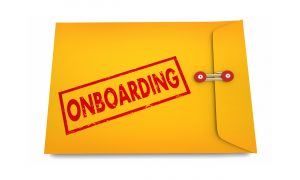The world we live in is more connected than ever before. Users access the web on a day-to-day basis for various reasons, but how secure are your online accounts? Password security plays a major role in our lives and poor password decisions can lead to bigger problems for yourself, your place of employment, or even your own business.
Here are a few tips to keep your accounts and data safe.
- Create a lengthy password.
In this day and age, a longer password is key. Most passwords are compromised by methods of brute-force: where a computer robot will guess each combination until the correct sequence is found. Some of these computers can make millions of guesses a day. A longer password ensures that you won’t be an easy target for this method.
- Introduce numbers, special characters, and a combination of uppercase and lowercase letters into your password.
This creates complexity and ensures individuals cannot guess your password. It also makes it harder for those computer robots to guess your password too!
- Never reuse a password.
We know it’s annoying to have to remember a different password for every online account you operate out of, but if one account gets compromised this helps ensure the others will stay safe.
- Never share your password(s).
Do not tell your best friend, neighbor, co-worker, or your dog your passwords! Even though you may trust these individuals, people make mistakes. They may give your password to someone else or write it down. Keep reading to find out why you shouldn’t write down your passwords either.
- Do not leave passwords at your desk.
Everyone knows about the sticky note with your password scribbled on it, whether it be at your monitor, under your keyboard, or stuck to the inside of your desk drawer. If someone wants access to your accounts, these are the first places they look. A safer way to store your passwords is in an online password manager. By securing your credentials in an online password manager, you only need to remember one!




